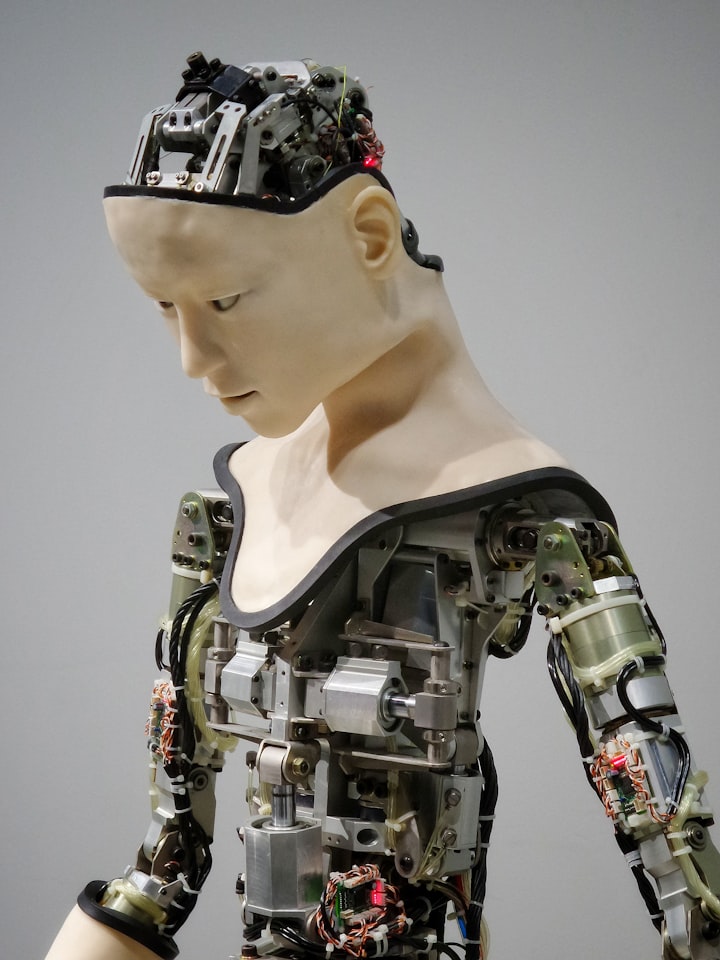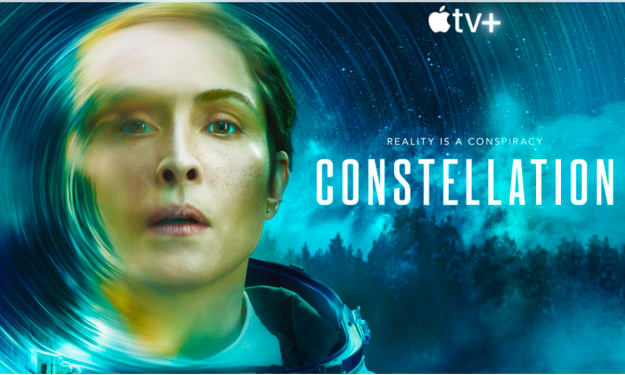Is AI A Threat To Mankind?
People has constantly talked over this topic but is AI really a threat to mankind?

Building robots is impossible, but intelligent, very rich AI can be paid to manage more people to do their jobs. What worries us is that superhuman intelligence has been manipulated, such as the need for Internet robotic bodies, the need to defraud financial markets, to establish human researchers, to deceive human leaders, and to develop weapons that we do not yet understand. The erroneous notion of a "robot" implies the myth that machines cannot be controlled by humans. It is widely believed that intelligent beings, whether human or machine, are not good enough for humanity.
The Information Technology and Innovation Foundation (ITIF), a Washington-based think tank, presented the 2015 Luddite Award to "terrorists" announcing the AI Apocalypse, with its president, Robert D. Atkinson, crying out for Musk. " washes away the artificial intelligence of experts who say that this poses a serious threat to humanity. ". Experts at the Artificial Intelligence Forum in 2018 highlight that AI itself is not a threat to humanity but a threat that can arise if AI is used for immoral purposes.
It has long been argued that advanced artificial intelligence (AI) may be at odds with its human creators. A growing number of future researchers, philosophers, and AI researchers have expressed concern that artificial intelligence could overwhelm and overwhelm people. For example, the well-known scientist Stephen Hawking was amazed at the ability of his advanced speech system to anticipate what was being said - suggesting that AI could rely on human ingenuity in the future and bring about the end of humanity.
Jack Ma, the richest man in the world, said in his interview: 'AI becomes a danger to humans. I mean, the jobs that people used to do are taken up by machines. And I mean, AI robs us of jobs.
After doubting the existence of artificial intelligence in the 1940s, computer scientist Alan Turing wondered why some began to believe that time machines would have an unlimited impact on humanity, mimicking evolution. Of the 979 technology pioneers, innovators, developers, business and political leaders, researchers, and activists who answered questions in expert research in the summer of 2018, experts predict that integrated artificial intelligence will enhance human performance and threaten human independence, agency, and skills. Here, 52 experts look at the threat posed by AI to the future of humanity and how we can ensure that AI benefits humanity without being destructive.
Intelligent machines that allow advanced processes of understanding - thinking, visualizing, learning, problem-solving, and decision-making - combined with advances in data collection, integration, analytics, and computing power - allow artificial intelligence (AI) to complete and refine human intelligence and enrich human life and work.
Artificial Intelligence (AI) theory and the development of computer programs that can perform tasks that require human intelligence, such as visual comprehension, speech recognition, decision-making, and translation between languages without human intervention. AI has been described as a computer program capable of completing tasks that previously required human ingenuity. Apart from this new development, the long-term goal of most researchers is to create robust AI (Artificial General Intelligence, AGI) or predictive intelligence, where machines can understand and learn smarter tasks faster than humans and individuals can help solve and overcome problems.
AI researchers such as Fei-Fei Li and John Etchemendy from Stanford University's Institute for Human-centered Artificial Intelligence take a different view of AI. Institutions such as the Mission Intelligence Research Institute, Future of Humanity Institute, The Future Life Institute, and the Center for the Study of Existential Risk, which focus on practical human-related intelligence are involved in reducing existing risks. through the use of advanced artificial intelligence, for example, research designed for artificial intelligence.
He believes that artificial intelligence could trigger the next world war and, as a result, rule the world with robotic leadership - a global threat. Nick Bostrom is a Professor at Oxford University University, Director of the Future of Humanity Institute, and Director of the Artificial Intelligence program. He mysteriously explores the dangers of humanity and asks questions about why we seem to be alone in the universe, but he is specifically considering the technological advances on the table and how they could put us at risk.
Unity of technology implies the belief that ordinary people will be overwhelmed by intelligent machines with advanced biological intelligence. He says that AI will inflict human misery and transcend human civilization in less than five years and that AI robots will take over all functions for the benefit of humanity. Filmmakers think of a world in which people lose control of the technology they develop and have to fight for the survival of the human race.
The AI we use today seems unlikely to be a threat to humanity. A second reason for concern is the sudden and unexpected explosion of intelligence that would surprise mankind unprepared.
Such exciting AI tools and their use will affect the economy in many ways, but they should not overshadow or overwhelm the future of thinking where we will eventually find AI with the same learning and planning skills as human beings, but as more intelligent machines. Changing economic and political systems will help humanity, but robots will redesign themselves to improve human capacity and skills to improve human cooperation and robust ways that could jeopardize human value in the face of a planned intel.





Comments
There are no comments for this story
Be the first to respond and start the conversation.